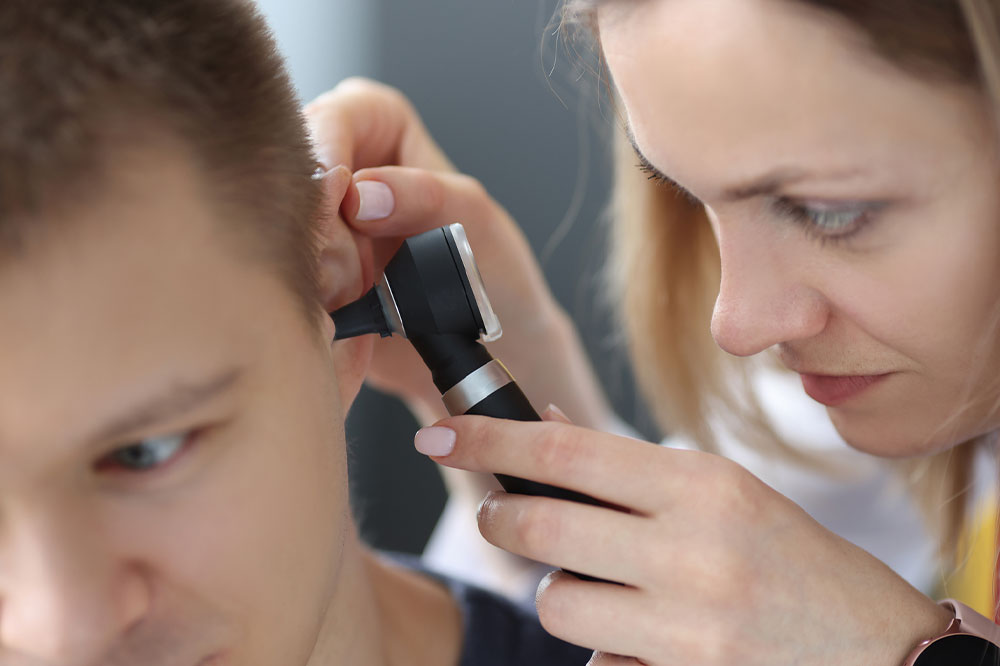Causes, symptoms, and management options for hearing loss

Millions of people in the world are impacted by hearing loss. It is a prevalent condition with a handful of causes. Understanding the condition’s complexities is essential for early detection, intervention, and symptom management. It is important to learn about the causes, symptoms, risk factors, and management options. By staying informed and seeking professional help, individuals with hearing loss can have a better quality of life, improve communication abilities, and ensure long-term hearing health.
Causes of hearing loss
There are various factors that can result in hearing loss. It could be a genetic predisposition. It could also be a result of aging, trauma, infections, certain prescriptions, or other underlying conditions.
Genetic factors
For some people, hearing loss can be inherited from parents that carry the same genetic mutations. It can affect the person’s functioning or the development of their auditory system. These genetic factors can contribute to congenital hearing loss, which is present at birth, or progressive hearing loss, which manifests later in life.
Constant exposure to loud noises
Excessive noise or being exposed to loud noises constantly can impact a person’s hearing capability. This could include repeated or prolonged exposure to machinery, explosions, and loud music. Such noises can damage the inner ear, which is quite delicate.







